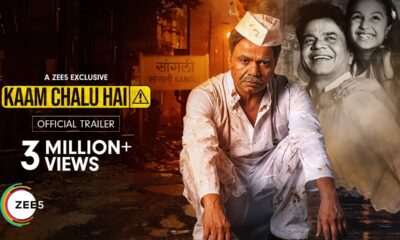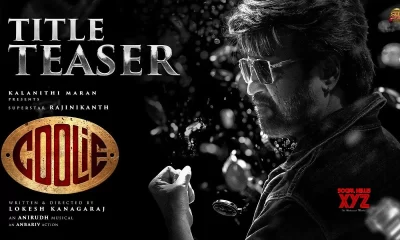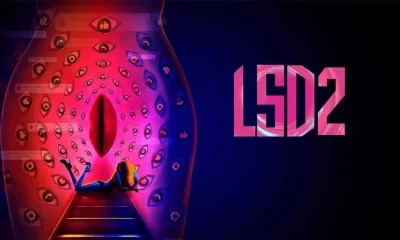Malayalam
Prithviraj shines in captivating survival tale “The Goat Life”: Movie Review
Et harum quidem rerum facilis est et expedita distinctio. Nam libero tempore, cum soluta nobis est eligendi optio.
Malayalam
“Pavi Caretaker”: Dileep Delivers a Classic Comedy
The question of whether the mystery woman sharing Pavi’s accommodation, and appearing only when he is on duty, will become the love of his life hangs in suspense, adding an intriguing layer to the narrative.
Malayalam
Review of “Jai Ganesh”: A stumbling script hampers the film’s potential.
Ganesh, who relies on a wheelchair for mobility, must utilize his talents as an illustrator and hacker to unravel an investigation into a kidnapping.
Malayalam
“Aavesham”: Fahadh and Sajin Gopu shine in hilarious gangster comedy.
Three engineering college freshmen devise a plan to seek revenge on their seniors who have subjected them to ragging. Their strategy involves enlisting the help of a gangster. However, right from the outset, it becomes apparent that their plan is fraught with complications.
-

 Hindi2 weeks ago
Hindi2 weeks ago“Do Aur Do Pyaar” – A delightful storyline elevates this familiar tale.
-

 Hindi2 weeks ago
Hindi2 weeks ago“Kaam Chalu Hai”: A pertinent social drama that lacks the punch to leave a lasting impression.
-

 South-Indian2 weeks ago
South-Indian2 weeks agoThalaivar 171; “Coolie” Movie teaser out now!!!
-

 Hindi2 weeks ago
Hindi2 weeks ago“Luv You Shankar” – Hindered by uninspired performances and a lackluster plot, this film struggles to captivate.
-

 Hindi2 weeks ago
Hindi2 weeks ago“LSD 2: Love Sex Aur Dhokha 2” – Technically polished but marred by storytelling flaws.
-

 English2 weeks ago
English2 weeks ago“Challengers”: Zendaya Mesmerizes in this Gripping Fusion of Romance and Tennis Excitement
-

 Hindi2 weeks ago
Hindi2 weeks ago“Silence 2: The Night Owl Bar Shootout”: Manoj Bajpayee delivers a confident, strong performance.
-

 English2 weeks ago
English2 weeks ago“One Life” – A Glowing Beacon of Hope

















